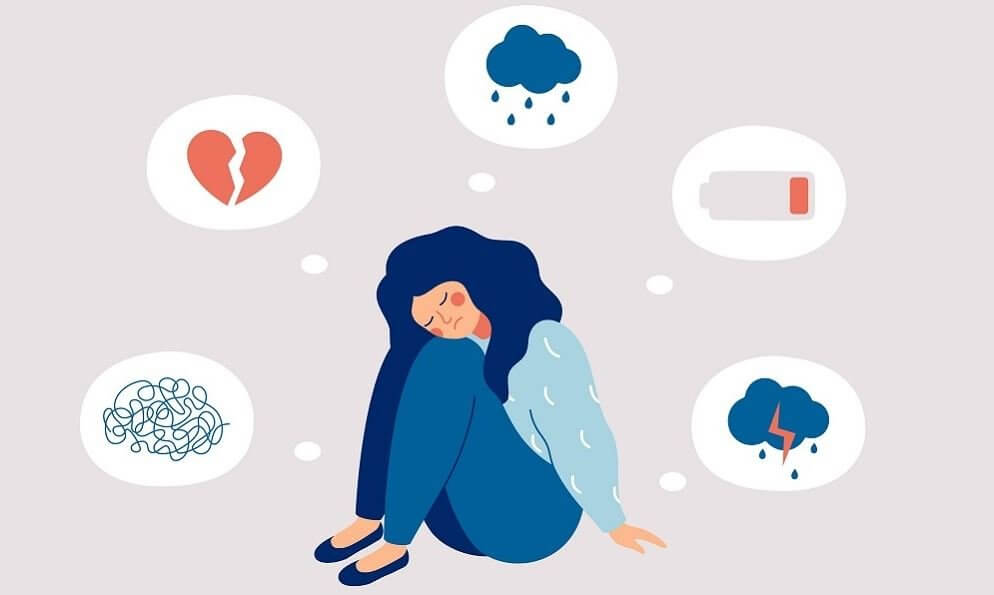Post-Traumatic Stress Disorder (PTSD) is a mental health condition characterized by a heightened sense of awareness, fear, anxiety, nightmares, and other distressing symptoms that are caused by a single or multiple traumatic events in someone’s life.
If you think you may be living with PTSD, or have recently been diagnosed, here are five common symptoms of PTSD in adults to help you pinpoint where you may need help.
Heightened Awareness
Since PTSD is caused by a traumatic event, you may experience a heightened awareness of your surroundings. This can include:
- Jumping at loud noises
- Always looking over your shoulder
- Noticing details in your environment
- Fixating on people near you
- Focusing intently on unidentified sounds around your home at night
This can be accompanied by paranoid thoughts, such as “someone will hurt me” or “I feel unsafe.” If you are experiencing paranoia, you’re not alone. A trained therapist can help you identify how to deal with these thoughts.
Memory Loss
Since trauma affects the parasympathetic nervous system and the limbic system, memory can be affected by a traumatic event that causes PTSD.
If you find yourself forgetting parts of your life where lots of trauma occurred or even forgetting traumatic events themselves, this can be caused by PTSD.
Nightmares and Trouble Sleeping
Since trauma causes a heightened sense of awareness in those with PTSD, you may have trouble falling asleep, staying asleep, or sleeping well. You may have disturbing nightmares that remind you of your traumatic event.
If you are having nightmares and trouble sleeping, medication could help. Speak with a psychiatrist or medication manager in your area to address your concerns.
Quick Emotional Reactions
Those with PTSD often experience a quick response to emotional stimuli or triggers. You may find yourself feeling:
- Quick to anger
- Quick to cry
- Stressed with daily tasks
- Overwhelmed by conversations
Anxiety
Anxiety is another mental illness that can be triggered by PTSD or traumatic events. Anxiety symptoms include:
- Irritability
- Fatigue
- Fear
- Rapid breathing and heart rate
- Feeling anxious or panicking
- Worrying often
For those who have PTSD, anxiety can be another challenging illness to deal with. Therapy and medication can help. A study done by Plos One has found that art therapy positively impacts treating anxiety related to PTSD.
Conclusion
For those living with PTSD, the symptoms can affect your life significantly. The good news is there are options to treat the symptoms that affect your life the most. Medication and specific types of therapies have been proven to reduce symptoms of PTSD, including anxiety and nightmares.
Image Courtesy: www.teachermagazine.com
